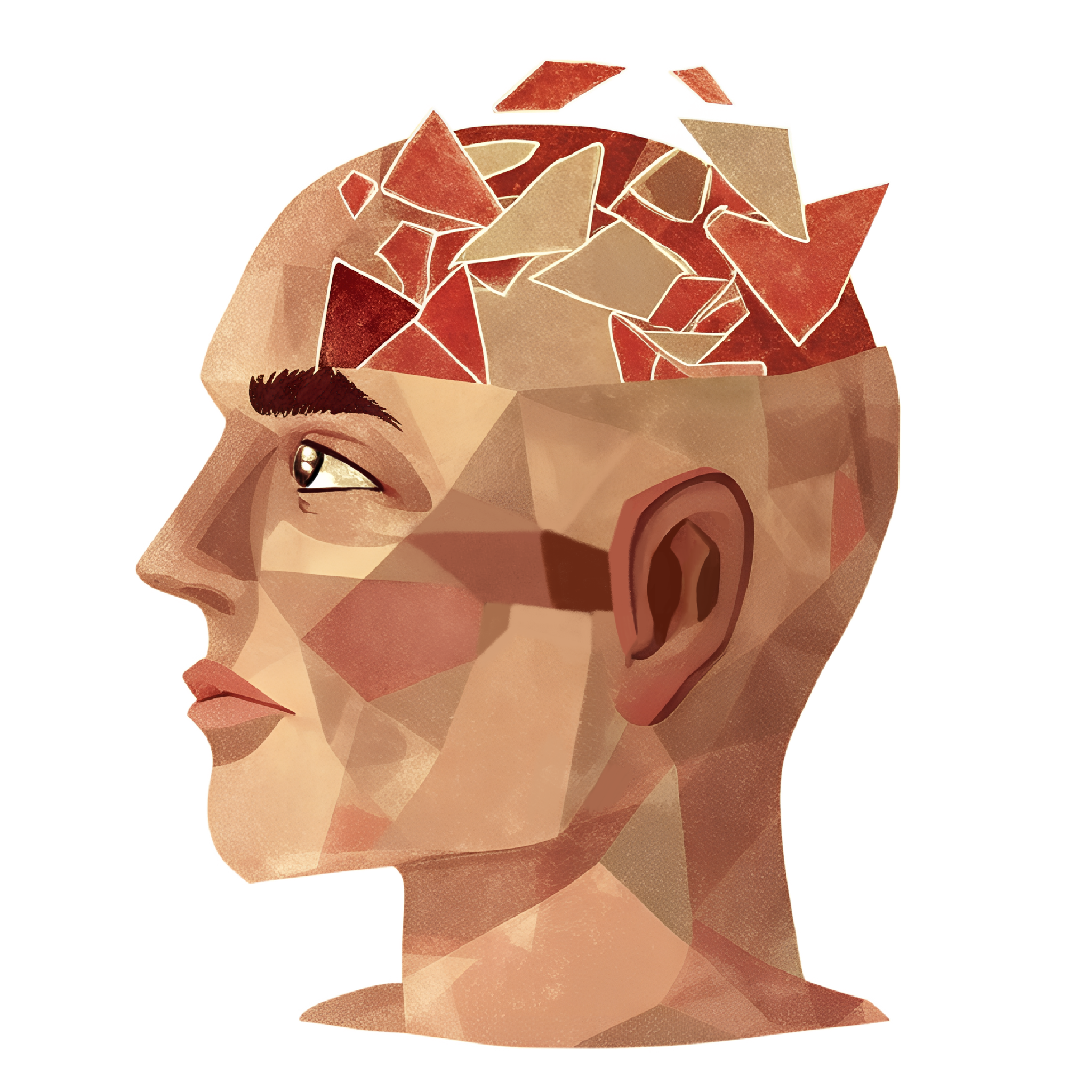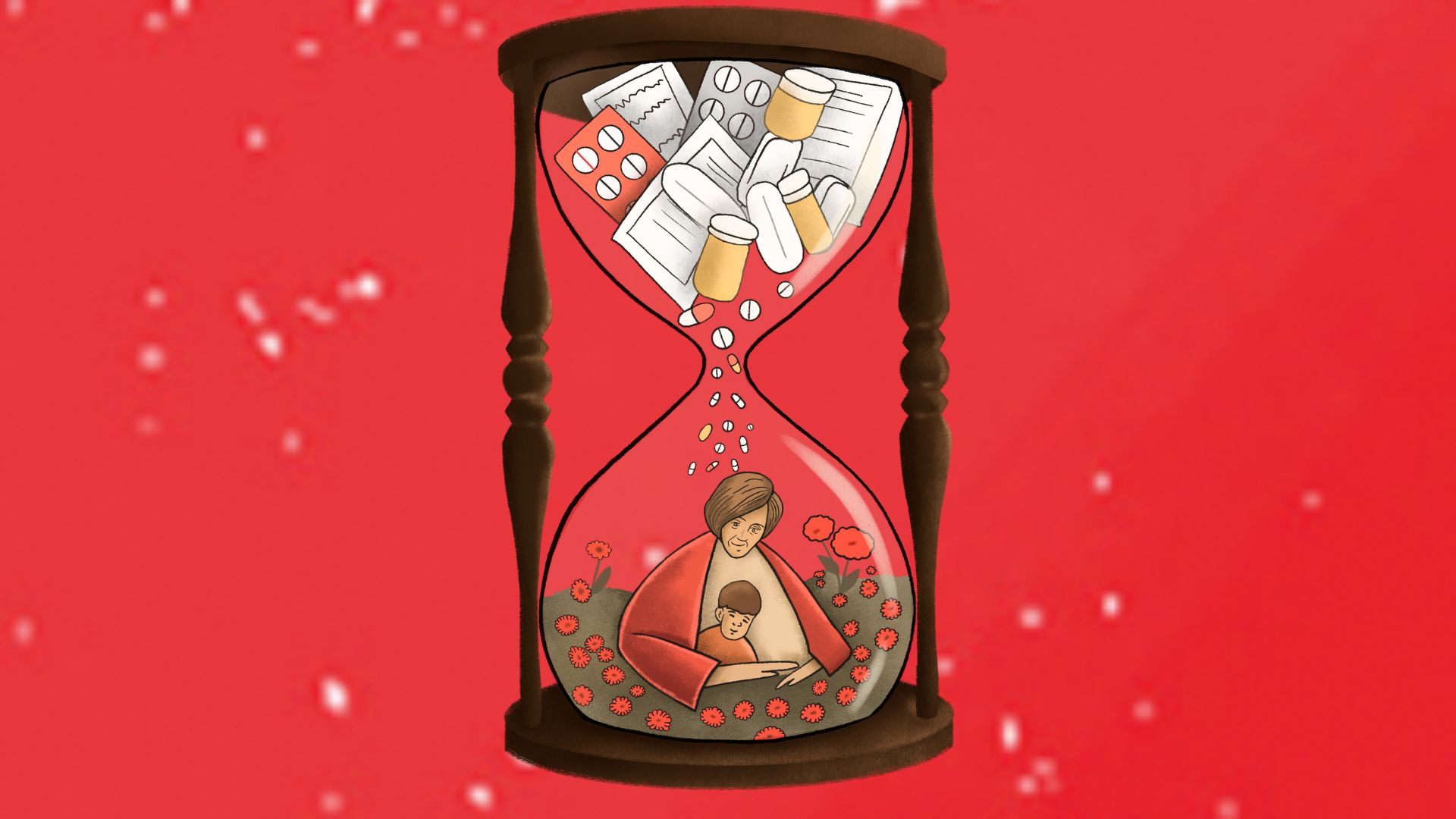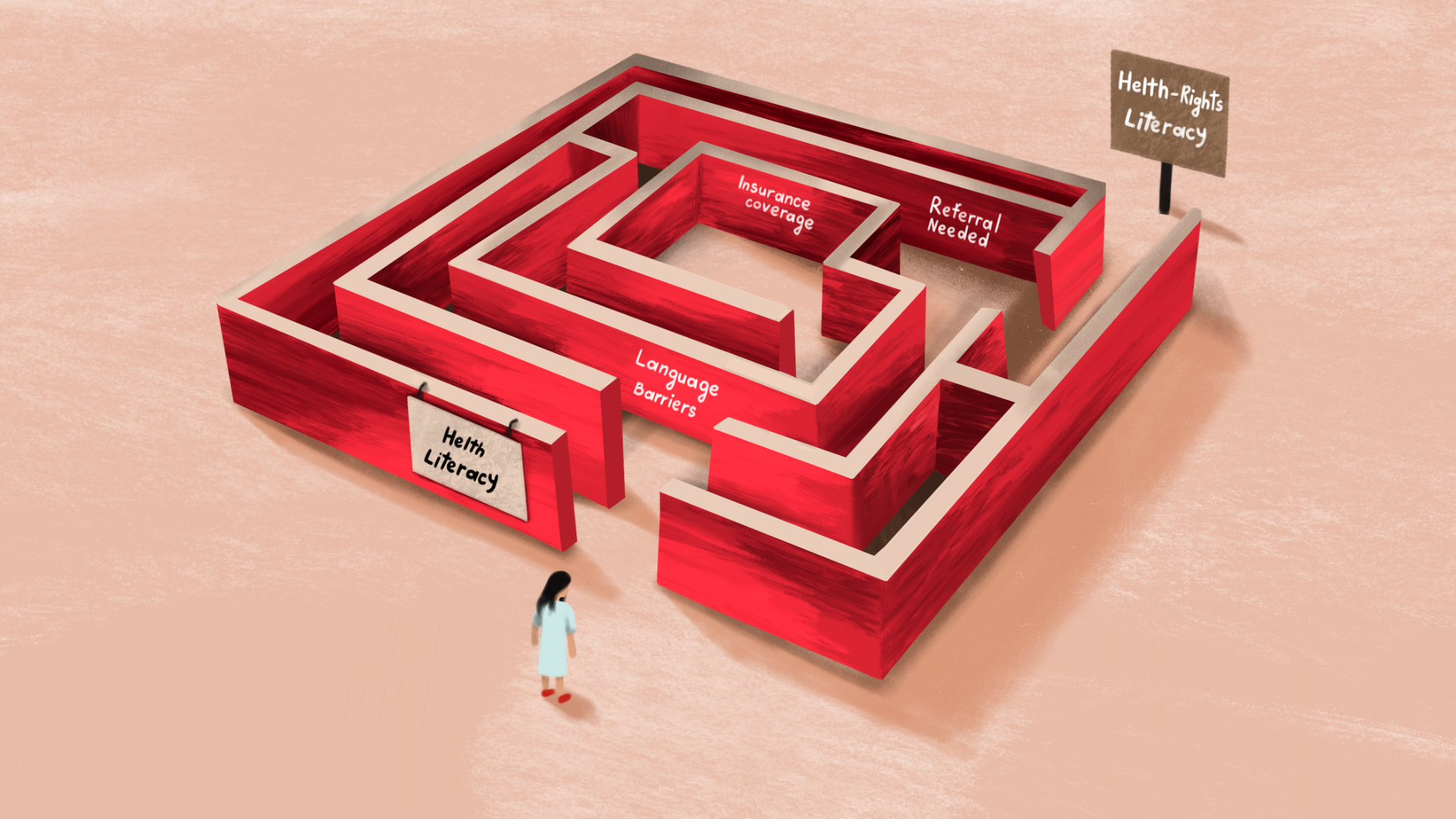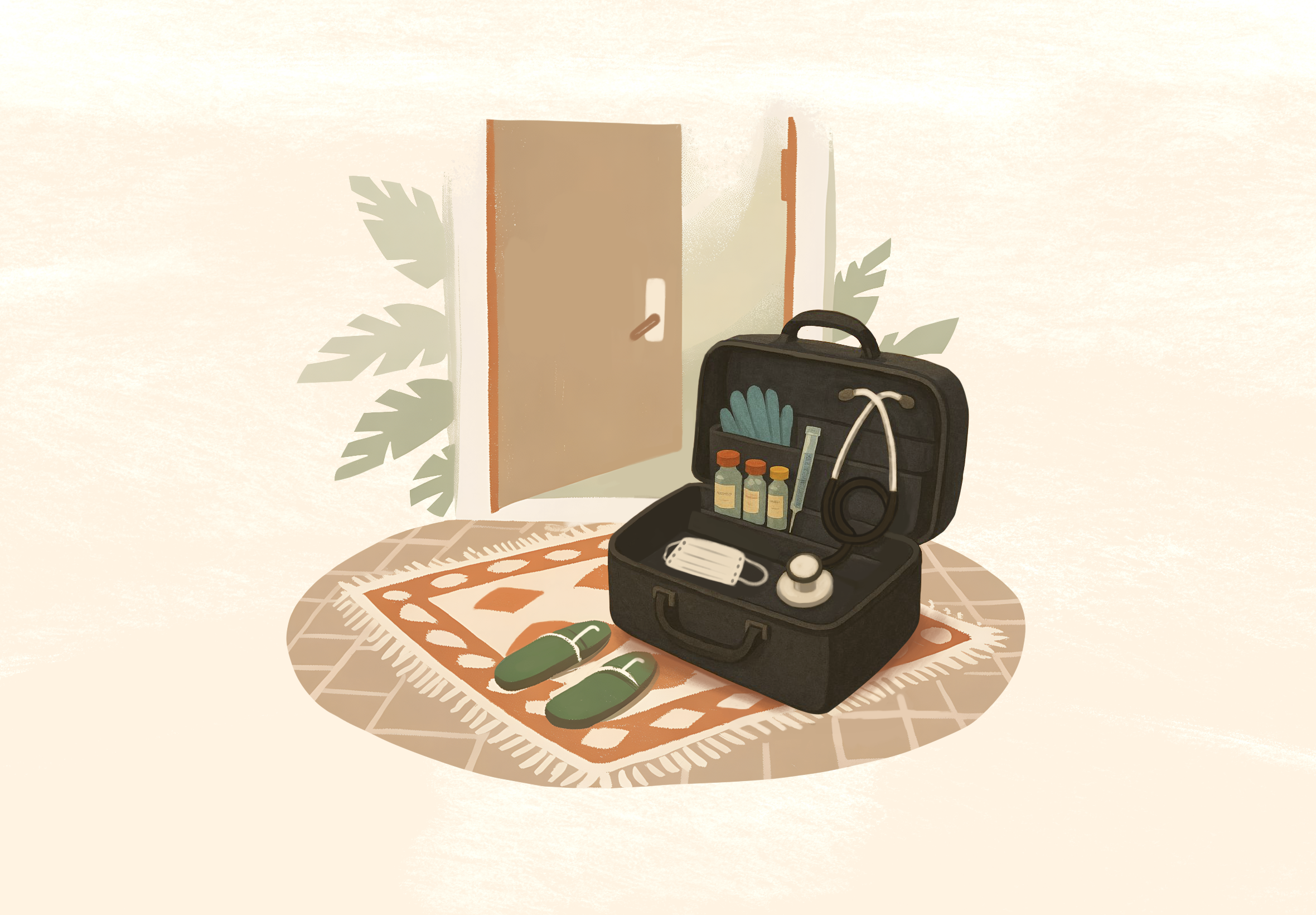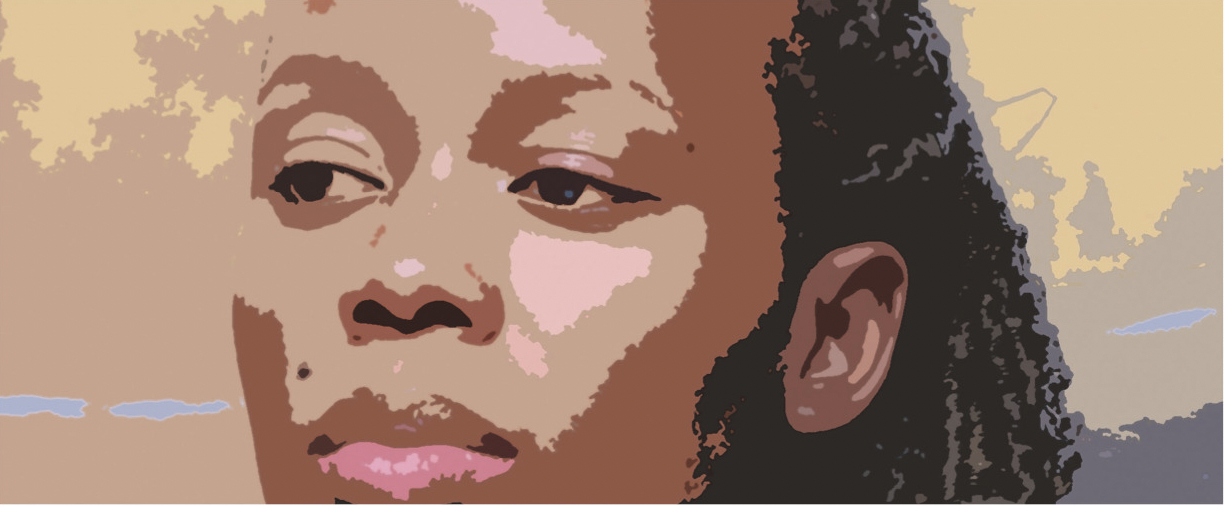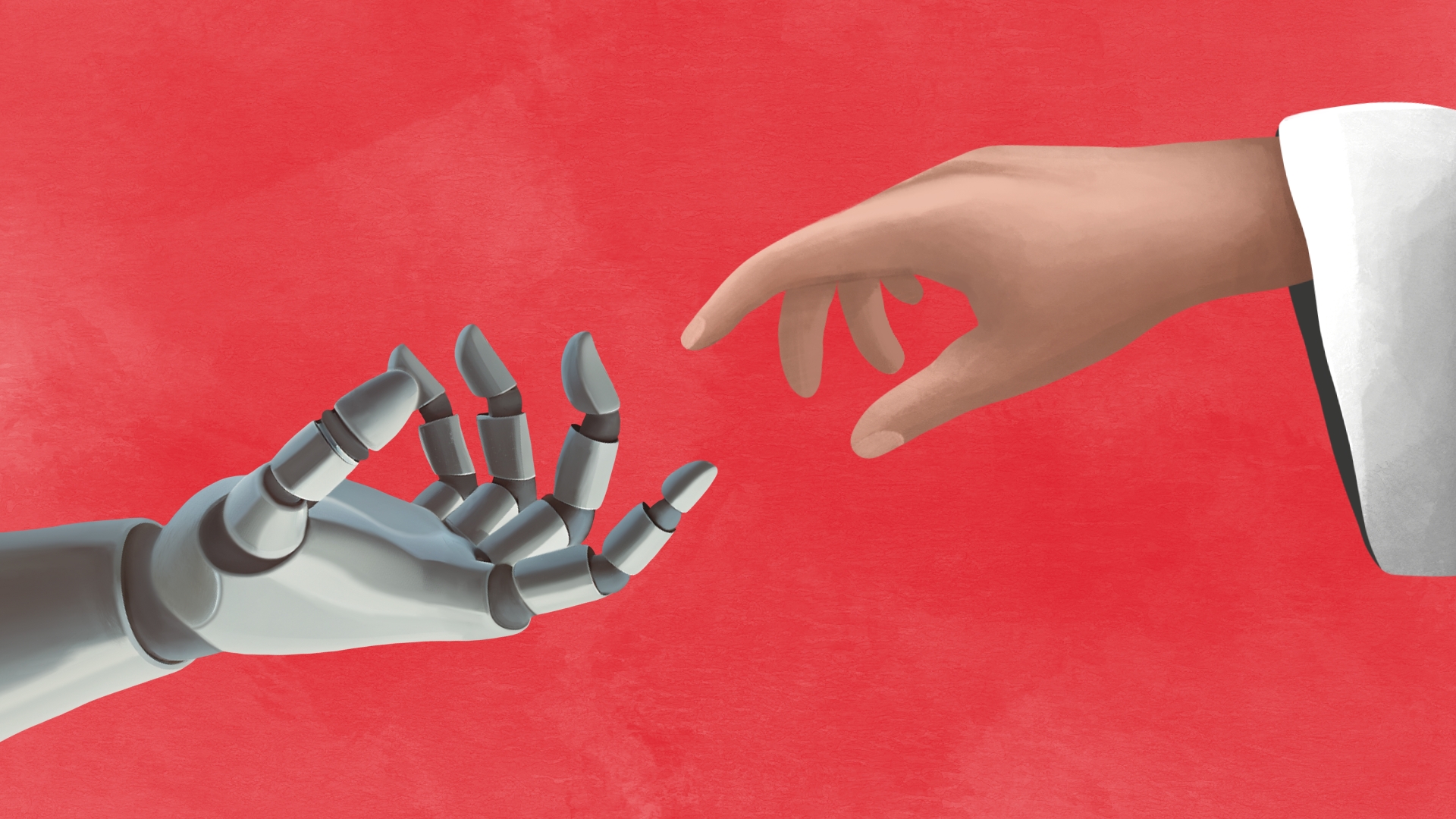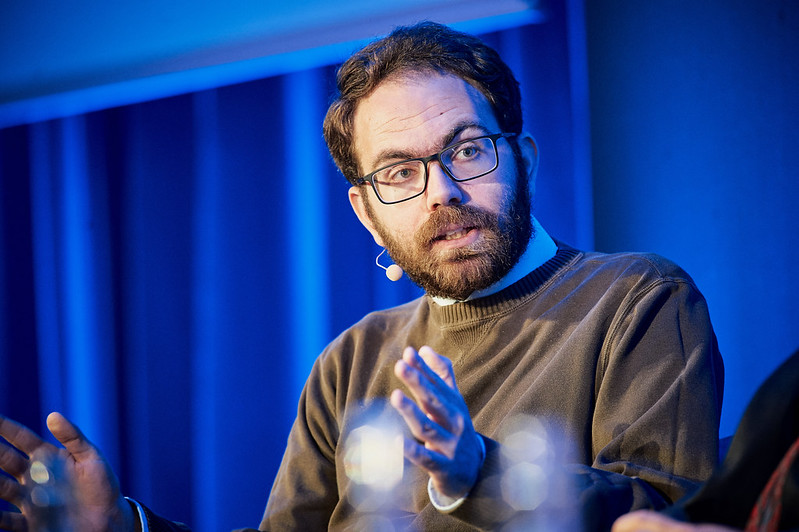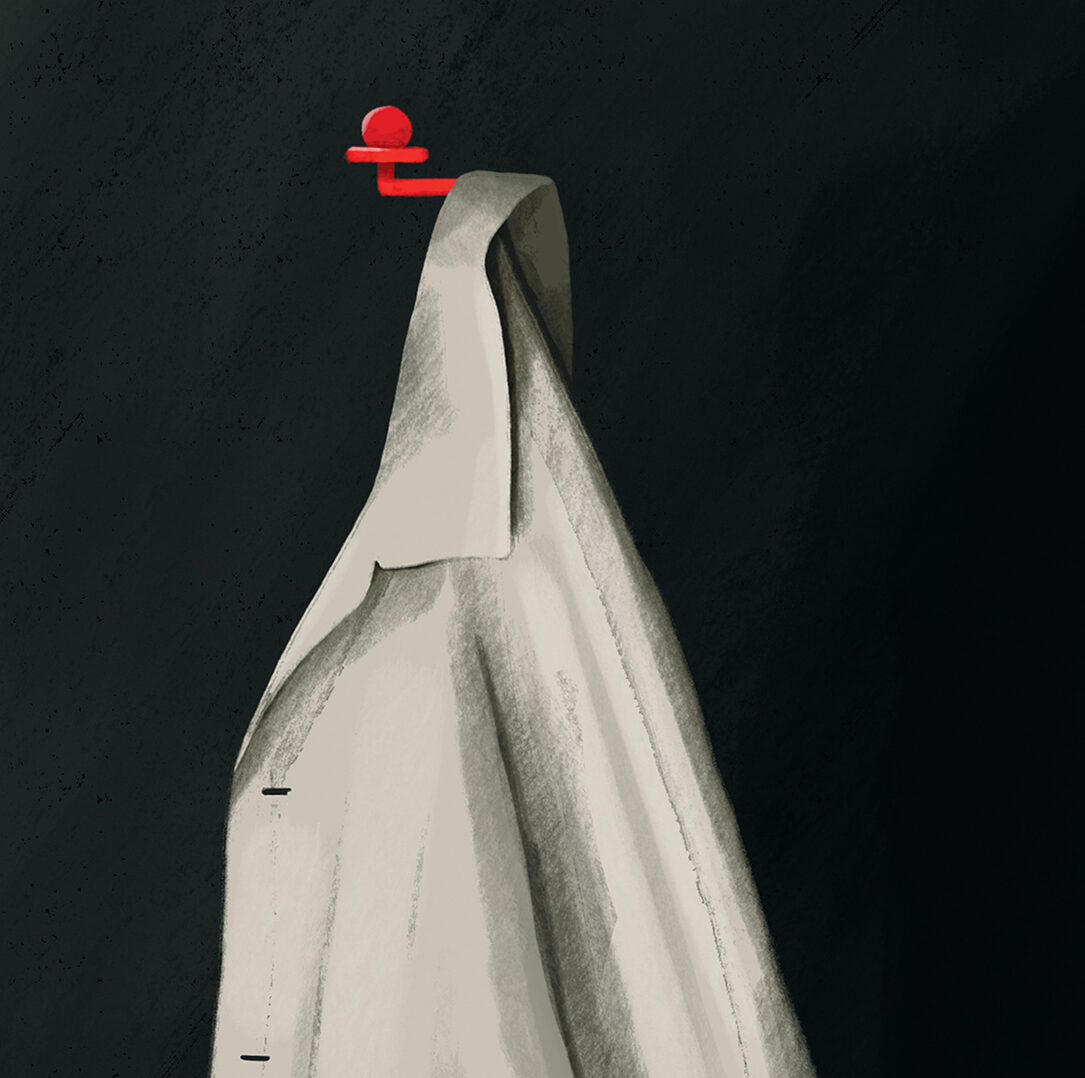Delivery of Care
Common Sense Oncology: Putting Patients Back at the Center in the Era of Cancer Innovation
Precision medicine, immunotherapy, and cellular therapies have reshaped the landscape of oncology, turning once-fatal diagnoses into chronic, or even curable, conditions. These breakthroughs represent extraordinary scientific progress and a deepening understanding of cancer biology. Yet beneath this success runs a…
Surviving the Tumor, Living with the Impact
“When this tumor entered our lives, nothing felt stable anymore — we had to rebuild our days piece by piece," a caregiver recalls. Why brain cancer survivorship needs to move center stage — as research pushes into AI, precision medicine…
Researcher’s Perspective on the Time Toxicity of Cancer Care
Oncology has seen tremendous progress over the last few decades. Yet, for advanced solid cancers, some new treatments offer only a few weeks of survival benefit. Meanwhile, the amount of time spent in pursuing these new treatments can be substantial.…
From Health Literacy to Health-Rights Literacy: Bringing the How into Cancer-Screening Awareness
Across Europe, cancer-prevention messages have become increasingly visible: mammography after age 50, HPV testing at 30, colorectal screening from mid-life onward. These messages reflect years of investment in health literacy and promotion. Yet a critical question persists: when citizens know…
Cancer Treatment at Home: Inside Kenya’s Early Experience
For decades, cancer treatment has been anchored firmly within hospital walls, where the complexity and risks of chemotherapy seemed inseparable from clinical infrastructure. But as newer, less toxic therapies emerge, a quiet revolution is taking shape: the idea that certain…
Surviving Childhood Cancer in Uganda: The Dual Battle for Life and Fertility
At 17, Annet Namubiru’s life changed drastically. Then a secondary school student, she began to fall ill without anyone understanding why. “I was at school and started feeling weak and tired,” she recalls. “As you know, when a girl of…
AI in Oncology Clinical Decision Support
Imagine an oncologist stepping out of tumor board and into clinic with a complex case at hand. The patient’s tumor has multiple high-risk features, genomic mutations, and borderline indications for therapy. In the past, the doctor might sift through guidelines,…
To Stand, To Move, To Live: Musculoskeletal Health as part of the Cancer Journey
At a cancer forum not long ago, after I introduced myself as an orthopaedic surgery resident, someone asked — with genuine curiosity — “But why are you here?” The question stayed with me, because it revealed a paradox: musculoskeletal health…
Does Uncertainty Inherently Cause Burnout Among Oncology Care Providers?
Oncology is both one of the most inspiring and one of the most demanding fields in medicine. Unlike other specialties, the emotional and professional boundaries in oncology are often blurred. Many of us feel that our lives are devoted to…
A Place to Sleep, A Chance to Heal: How Hostels and Transport Help Children Beat Cancer in Africa
For parents of children battling cancer, finding a place to stay that is both affordable and close to the hospital is not just a convenience; it can mean the difference between life and death. Without accommodation, families are often forced…


